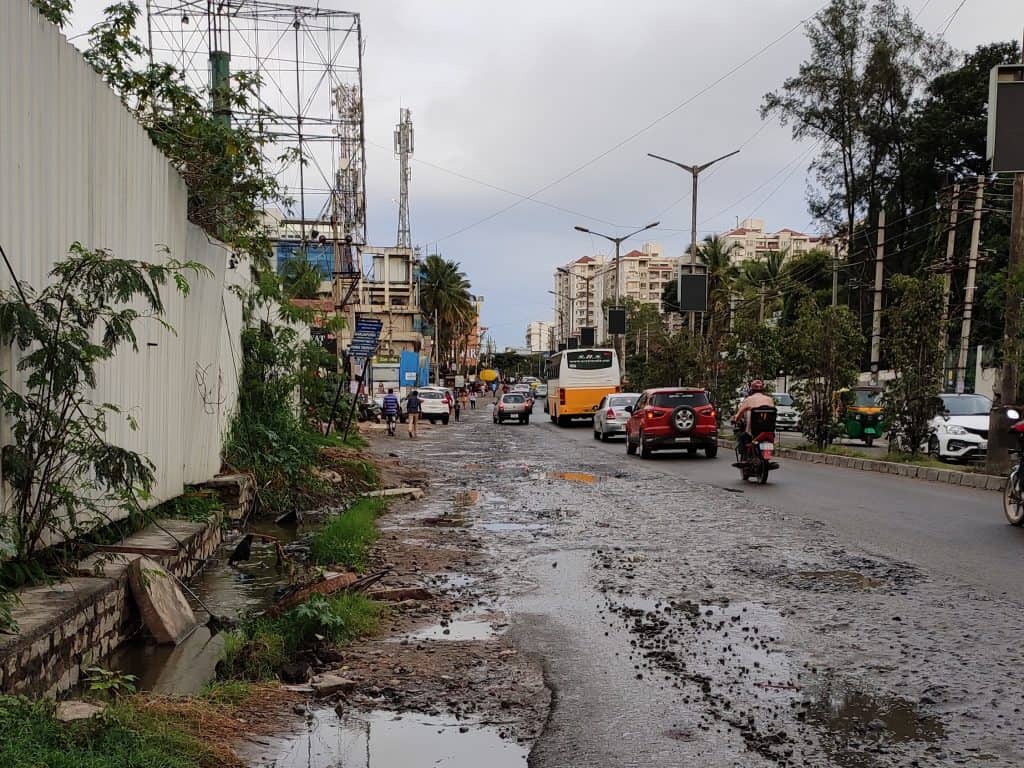This September 1st, revised penalties for traffic violations under the new Motor Vehicles (Amendment) Act, 2019, came into effect. Parliament had passed the law in July, at its budget session. The law has provisions for licensing cab aggregators, making contractors liable for faulty road design, changing license renewal rules, and so on.
But what has caught the attention of citizens is the stringent penalties for road traffic violations. Citizens have taken to social media to voice their vexation on fines that add up to amounts they’ve never imagined paying.
I was a bit taken aback by all the outrage about the new fines. Traffic fines in India were never inflation-adjusted until now. The idea of imposing a fine is to deter people from violating rules, and here we are talking about traffic rules. Higher fines lead to lesser violations, which in turn leads to better traffic management.
Let’s be clear. Nobody is forcing us to pay the hefty fines – just don’t break the rules and you won’t have to shell out a rupee.
Then why the outrage?
People know this very well, yet they are angry. Why? Because they are not angry about the revised traffic fines particularly, but about the shoddy infrastructure, the non-existent roads, construction mayhem, potholes that cause injuries and accidents, eternal traffic jams that stress them and rob them of their precious time.

Roads in Sarjapur are neither fit for pedestrians nor motorists. Pic: Ekta Sawant
People are not upset about traffic fines, but about the traffic itself. They are not worried about paying more fines, but angry about all the taxes they pay and get little to show for.
The answer lies not in expressing outrage about traffic fines, but in thinking up ways to address the root cause of the problem. Lack of political accountability is the main issue here. All of us must work on this, as it is of paramount importance.
It is quite simple, it really is, to ensure political accountability, especially at the local level. We already have formal structures like ward committees to enable this. It takes some effort to organise and mobilise citizens, but that has a much better chance of making a difference than any amount of social media outrage. All the outrage must be channeled towards the right people, at the right time and right place, with a lot of fanfare.
We, at the grassroots citizen movement CfB (Citizens for Bengaluru), are non-political yet political – we engage with all political parties, the government, and the system at large. We understand the prized secret of politicians – they respond to numbers. And we give it to them in the most creative and innovative ways we can think of. Not everything we take up results in a resounding success, but we sleep well at night, knowing we are not complaining but are acting in the interest of fellow citizens.
Almost all civic problems in cities – and our city is no exception – are man-made and can be reversed. We just need to bend that little thing called ‘political will’ in the right direction.
As a resident, who walks, cycles and drives a car in Bengaluru, I completely agree with Shri Alavilli’s viewpoint. While enforcement can definitely be improved, the absolute gross indiscipline and scant regard for traffic rules and courtesy to fellow drivers and pedestrians, is a mass behaviour that refuses to cure itself! Extraordinary fines are the most effective deterrent and compulsion towards compliance. Take the issue of excessive honking, use of banned Air Horns, reverse horns and side signal beepers, which has made almost all our residential areas severely Noise Polluted. The new increased fines don’t cover these offences. Do we believe that drivers will comply on their own?
Average landholdings of Indian farmers is 0.5 acre , if paddy grown ,he will get Rs 5000-8000 as income…if he caught in this fine system…he has to pay all his earnings… then what he will do to feed his family
If you see data published by BTP the maximum fine collected is for helmetless driving and driving without seat belt. Though these are traffic violations they are less grave than footpath driving , rash driving, shrill honking, obstructing traffic movement and disregarding ambulance etc. But no effort is put by BTP in going overdrive for these kinds of violations.
Hyppocracy at its best in the name of enforcing traffic rules